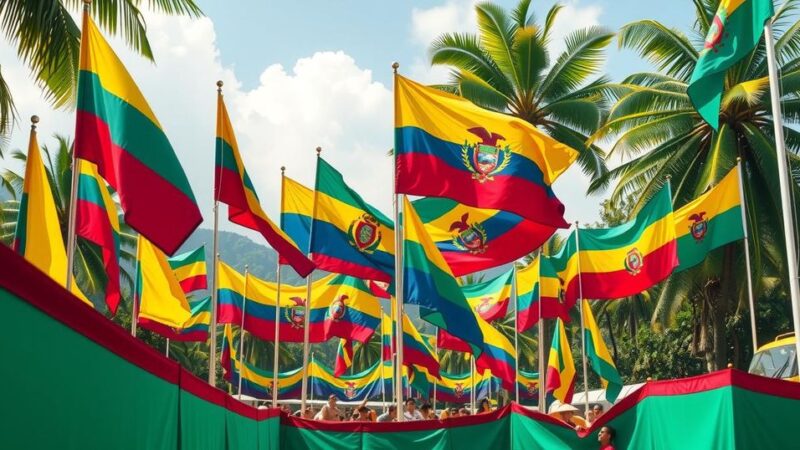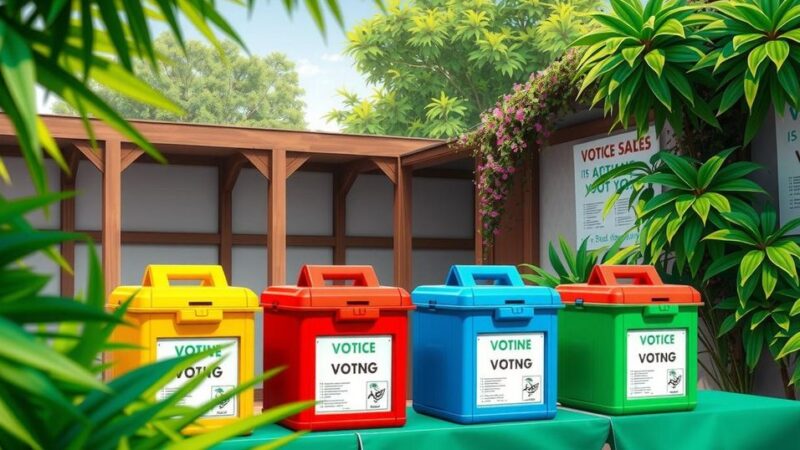Nicolás Maduro condemned the US deportation of over 200 Venezuelan migrants to El Salvador, calling it a “kidnapping”. He argued they are not criminals and plans to request their return, backed by public support. This deportation, part of a controversial agreement with the US, raises significant concerns regarding human rights and due process.
Venezuelan President Nicolás Maduro has labeled the deportation of over 200 mostly Venezuelan migrants by the United States to El Salvador as a “kidnapping.” He insisted that these individuals are not criminals and supported calls for their repatriation. In a statement, he advised El Salvador’s President Nayib Bukele not to participate in what he termed a kidnapping orchestrated by the US.
Maduro expressed that the deported individuals were denied due process, asserting that they were handcuffed and forcibly placed on a plane destined for a dangerous prison in El Salvador. His regime plans to send an official document requesting the return of the deportees, backed by millions of signatures from Venezuelan citizens.
President Trump has justified these deportations under an 18th-century law, labeling the deported individuals as part of the Tren de Aragua gang, despite a court ruling against the deportations. These migrants were transferred to the Counter-Terrorism Confinement Center in El Salvador, known for its harsh treatment of prisoners, raising human rights concerns among various organizations.
In reaction to the deportations, Venezuelans held protests in Caracas, urging for the return of their detained kin. Many relatives are adamant that their loved ones are innocent of any crimes, and they demand their repatriation. Maduro noted the significant public support for these families, advocating for the immediate freedom of the detained individuals.
The White House has yet to provide proof that the deported individuals are linked to criminal organizations, a claim that has been met with skepticism. The Immigration and Customs Enforcement (ICE) agency conducted assessments of the deported individuals, but their names have not been made public.
In light of recent events, Maduro declared that his administration would increase efforts to repatriate detained Venezuelan migrants, reaffirming his commitment to restoring dignity and support for those wishing to return to their homeland.
This recent episode emphasizes the deteriorating relations between the United States and Venezuela, focusing heavily on the deportation of Venezuelan migrants and the human rights implications associated with their treatment. With Maduro’s firm stance against these deportations, there is a rising call for their return fueled by public support. The broader implications of this situation could further strain diplomatic relations and highlight concerns over human rights in detention practices.
Original Source: www.cnn.com






